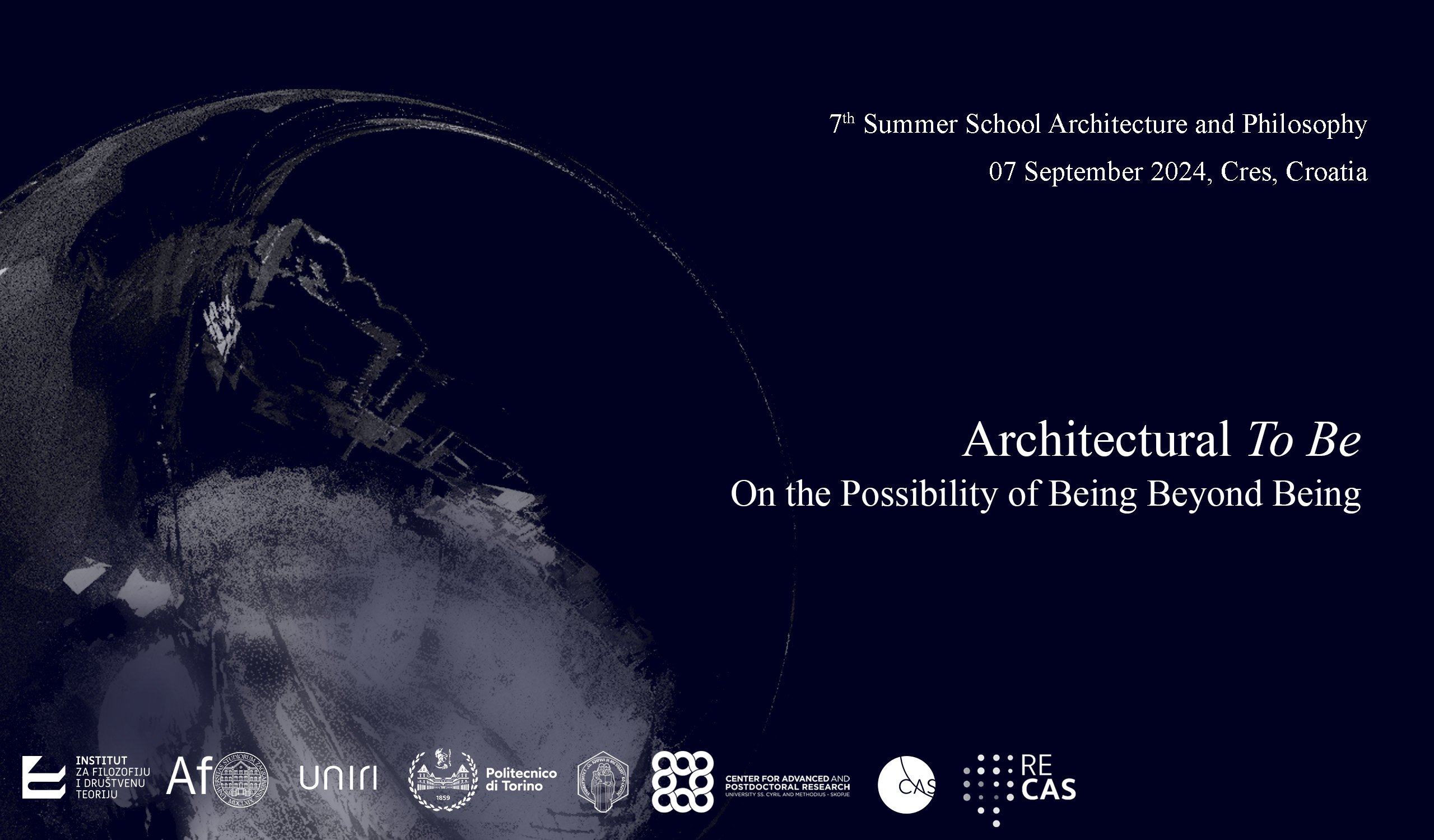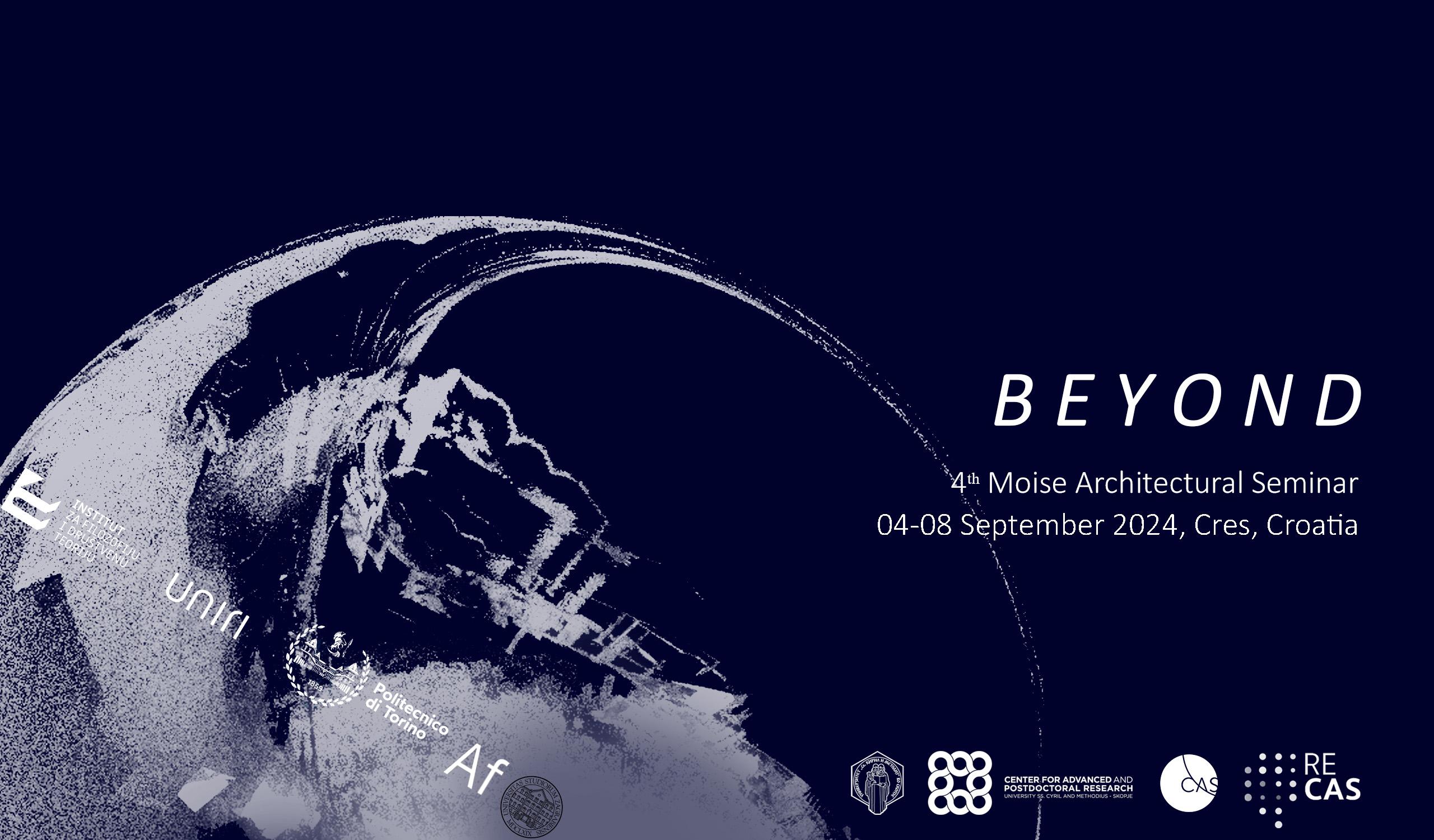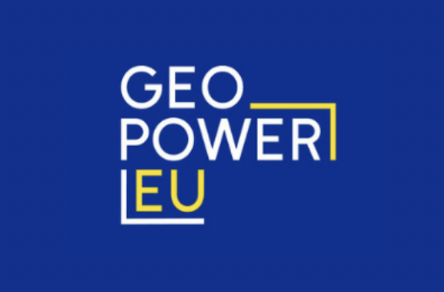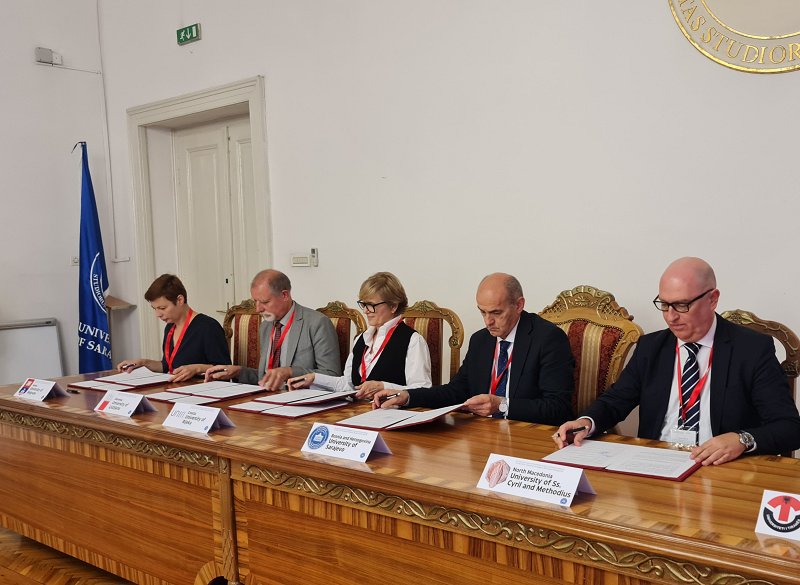11.-13. 5. 2022.
Center for Advanced Studies – South East Europe, University of Rijeka
Keynote speakers:
Paolo Gerbaudo (King’s College London)
Walter Quattrociocchi (Sapienza University of Rome)
Michele Sorice (LUISS University of Rome)
Mislav Žitko (University of Zagreb)
The first phase of the Internet was characterized by a “horizontal” and “anarchic” situation: everyone could post ideas on websites and blogs, and everyone could surf without filters. Websites, forums, and blogs produced a continuous flow of communication, and the old mass media intermediaries seemed to be overcome. The second phase of the Internet, which we are currently experiencing, is characterized by a “vertical” environment. A few platforms (the GAFAM – Google, Amazon, Facebook, Apple, Microsoft) host, filter, intermediate and govern the communications of billions of individual users. These platforms, however, appear to have serious design flaws. Data commodification for purposes of algorithmic personalization invite significant ethical, political and epistemological questions. They appear to incentivize polarization, gamify public discourse and amplify far-right content and fake news. On the other hand, regulating their content is no easy task, and at times leads to silencing of the debate or legitimate political activism. Another way to meet the challenges of digital democracy has been by designing new civic and party participation platforms – however, the research is required to assess whether they succeed in realizing the ideals of involving citizens or party activists in reliable deliberation, or is their impact insufficient?
The current crisis of democracy will not be overcome by a return to old institutional designs and traditional public spheres, but by designing and developing systemic upgrades. This Summer School intends to explore the risks and potentials of web politics, investigating how the viability of democratic ideals (freedom, autonomy, pluralism, truth, participation, etc.) can change in the digital media ecosystem, and how can we build decision-making environments and institutions capable of defending and promoting the power, autonomy and knowledge of the citizens in our democracies.
We welcome applications for presentations of research from early-career investigators, both PhD candidates and postdoctoral scholars, focusing on political, economic, ethical and epistemological issues related to the values and liabilities that digital platforms, both commercial and civic, introduce into democratic societies. We are in particular, but not exclusively, interested in research that tackles the following themes
- political philosophy, epistemology and science of internet of platforms – problems and solutions from conceptual and empirical perspectives
- political philosophy, epistemology and science of civic technology – problems and solutions from conceptual and empirical perspectives
- political economy of the internet of platforms, and its effect on political and epistemic values of democracy
- social movements and the internet of platforms – benefits and challenges from conceptual and empirical perspectives
- design principles and regulation options beyond censorship and fact-checking

Applications should be sent to cas.see.rijeka@gmail.com with subject line “Digital Democracy 22 – applicant”, and include
- CV of the researcher
- abstract of the 30 minute paper presentation
The deadline for applications is March 15th 2022.
The results of the application will be communicated to the applicants by April 3rd.
In case you wish to participate in the summer school in a non-speaker discussant capacity, please send only your CV to the same address until March 15th, with the subject line “Digital Democracy 22 – discussant”.
Academic Board
Mauro Barberis, University of Trieste, Italy
Petar Bojanić, University of Rijeka, Croatia, and IFDT University of Belgrade, Serbia
Sanja Bojanić, University of Rijeka, Croatia
Paolo Coppola, University of Udine, Italy
Snježana Prijić-Samaržija, University of Rijeka, Croatia
Luca Taddio, University of Udine, Italy
Gazela Pudar Draško, IFDT University of Belgrade, Serbia
Organisation Board
Gabriele Giacomini, University of Udine, Italy
Marko-Luka Zubčić, University of Rijeka, Croatia
UNIRI The Moise Palace: Cres Island
An education center of the University of Rijeka. A five-hundred-year-old patrician townhouse and the largest Renaissance palace on the Croatian islands. A venue and forum for various scientific and research activities, it welcomes visiting academics, students and scholars.




